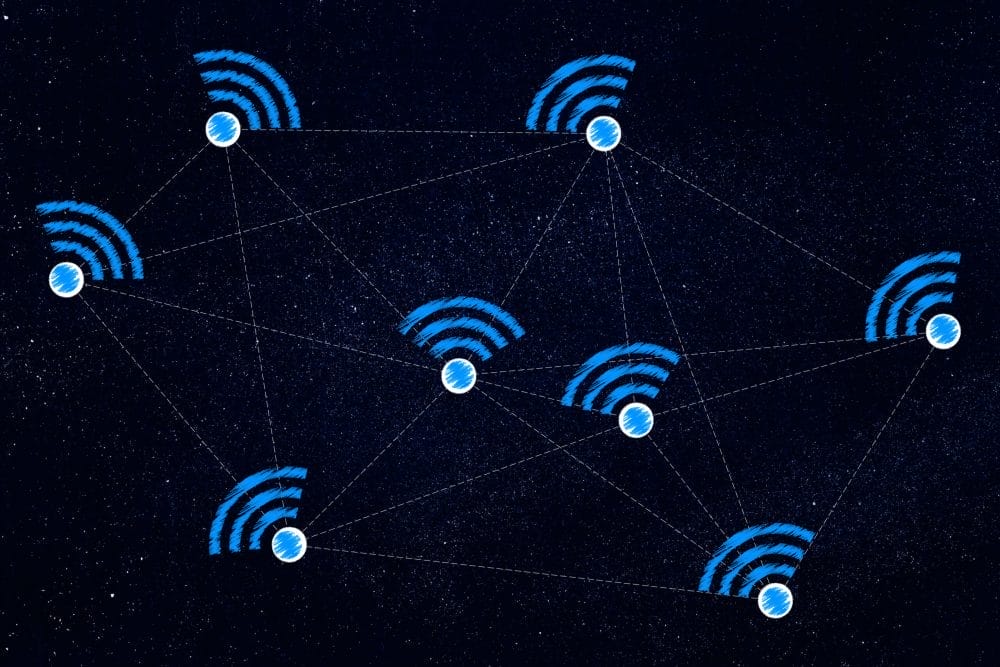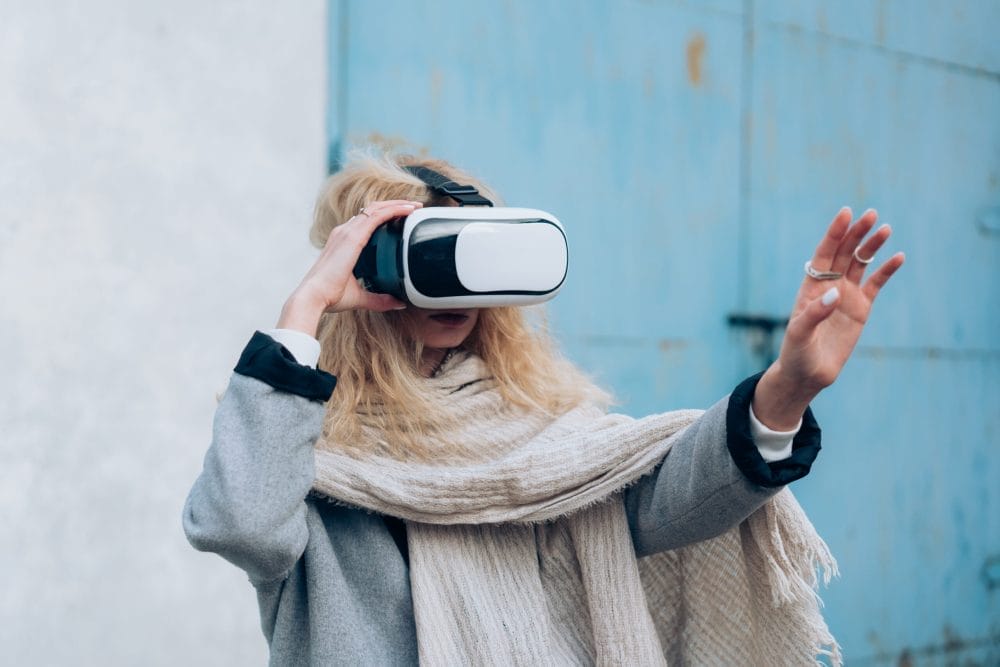In the digital age, our reliance on technology is inevitable, yet some habits can undermine our mental well-being. From smartphones to laptops, the tools designed to streamline our lives can also disrupt our peace of mind if not used wisely. Here’s a look at twelve tech habits that might be harming your mental health and strategies to mitigate their impact.
1. Constant Connectivity
Remaining connected 24/7 keeps us in a perpetual state of alertness. The pressure to respond instantly to every notification can lead to chronic stress and anxiety. This digital overload makes it difficult to disconnect and relax, increasing feelings of burnout. Establishing specific times to check your devices can help regain control over your digital life. Encourage digital-free zones in your home to enhance face-to-face interactions. Remember, it’s okay not to be available at all times.
2. Doomscrolling
The habit of endlessly scrolling through bad news is termed ‘doomscrolling’. This can exacerbate feelings of despair and helplessness, especially in times of global distress. Exposure to negative news can skew your perception of reality, leading to heightened stress and worry. To counter this, limit your news intake and focus on content that uplifts or educates. Follow positive news outlets or platforms that offer solutions rather than just problems. Engage in activities that keep you grounded and hopeful.
3. Multitasking During Screen Time
Though multitasking might seem efficient, it divides your attention and can reduce overall productivity. It also increases stress levels and diminishes your ability to focus on what truly matters. Switching between tasks can lead to a fragmented mind and lesser quality of work. Prioritize tasks and give your full attention to one task at a time. Use tools that block distracting sites while working. Remember, true productivity comes from deep focus.
4. Neglecting Sleep Hygiene
Blue light emitted by screens can disrupt your sleep cycle by suppressing melatonin, the sleep hormone. Using devices late at night can trick your brain into thinking it’s still daytime, reducing sleep quality and duration. Chronic sleep deprivation is linked to numerous mental health issues, including depression and anxiety. Implement a digital curfew an hour before bedtime. Opt for nighttime modes on your devices that reduce blue light. Establish a relaxing bedtime routine that doesn’t involve screens.
5. Overuse of Social Media
Social media platforms are designed to be addictive, encouraging constant engagement. Comparing your life with others’ curated highlights can lead to feelings of inadequacy and low self-esteem. This digital comparison trap is a real threat to mental health, fostering dissatisfaction and depressive symptoms. Set strict time limits for social media use. Focus on creating meaningful in-person connections. Cultivate hobbies that don’t involve online sharing to appreciate your own reality more.
6. Ignoring Digital Privacy
Lack of digital privacy can lead to anxiety and paranoia. The worry that your personal information might be stolen or misused can be mentally exhausting. Moreover, personalized ads based on your browsing history can feel invasive and stressful. Make it a habit to regularly update your privacy settings on all platforms. Use secure passwords and consider privacy-focused apps and browsers. Educate yourself about data protection to reduce anxiety.
7. Relying on Digital Validation
The quest for likes, shares, and comments can turn into an unhealthy obsession. This reliance on digital validation for self-esteem can be detrimental, as it ties personal worth to online metrics. The highs and lows associated with digital feedback can mimic addictive behaviors. Strive to find validation from within and through real-life relationships. Set realistic expectations for online interactions. Engage in activities that boost your self-confidence independently of online acclaim.
8. Skipping Physical Activities
Physical inactivity due to prolonged tech use can affect your mental health. Regular exercise releases endorphins, known as happiness chemicals, which combat stress and anxiety. Sitting for long hours can also lead to physical discomfort and exacerbate mental distress. Make it a point to take regular breaks and engage in physical activity. Even short walks or stretching exercises can make a difference. Balance screen time with active time to maintain both physical and mental health.
9. Not Setting Boundaries with Work
The blurring lines between home and work life, especially with remote working, can lead to work-life imbalance. Constant work notifications after hours can prevent mental disengagement and relaxation, leading to stress and burnout. It’s essential to set clear boundaries with work, such as turning off work-related notifications after work hours. Communicate your availability to colleagues and supervisors. Designate a specific workspace that you can leave at the end of the workday. Prioritize downtime just as you would work tasks.
10. Excessive Gaming
While gaming can be a fun escape, excessive gaming can lead to social isolation, disrupted sleep, and a sedentary lifestyle. It can also trigger stress responses and aggressive behaviors. Limit gaming sessions and make time for other social activities. Choose games that are relaxing or intellectually stimulating rather than those that induce stress. Ensure gaming doesn’t replace essential activities like sleeping and eating. Include family or friends in gaming sessions to make it a more social activity.
11. Avoiding Real Conversations
Text messaging and online communications can never fully replace the intimacy and immediacy of face-to-face conversations. Over-reliance on digital communication can lead to a deterioration in social skills and emotional connections. Make an effort to engage in direct conversations where non-verbal cues are integral. Set aside time for uninterrupted personal interactions. Practice active listening to strengthen relationships. Value the depth and authenticity of real conversations over the convenience of digital ones.
12. Using Technology to Escape Reality
Turning to technology as a primary coping mechanism for stress or emotional issues can prevent you from addressing underlying problems. This escapism can lead to a dependency that overshadows real-life solutions and interactions. Balance your tech use with activities that encourage emotional and psychological growth. Set goals that involve personal or professional growth beyond digital achievements. Engage in mindfulness or therapy to address issues directly. Recognize when technology is being used to mask rather than solve problems.
Reclaiming Your Mental Space
Acknowledging these detrimental tech habits is the first step towards reclaiming your mental space. By consciously adjusting how and when you interact with technology, you can protect and enhance your mental health. Establish tech-free times, prioritize real interactions, and listen to your body’s needs. Remember, technology should serve you, not the other way around.

Latrice is a dedicated professional with a rich background in social work, complemented by an Associate Degree in the field. Her journey has been uniquely shaped by the rewarding experience of being a stay-at-home mom to her two children, aged 13 and 5. This role has not only been a testament to her commitment to family but has also provided her with invaluable life lessons and insights.
As a mother, Latrice has embraced the opportunity to educate her children on essential life skills, with a special focus on financial literacy, the nuances of life, and the importance of inner peace.
Read More
You’ve likely had that moment: something goes wrong with a product or service, and suddenly…
Earlier, forex trading was accomplished manually. Back then, everything was pure hands-on. Even today, some…
You show up early, stay late, and even laugh at the boss’s recycled “motivational” jokes—but…
Staying in a hotel should offer a sense of comfort and security. It’s a place…
Insurance is supposed to be the thing that protects you—your home, your car, your business,…
Who doesn’t love free coffee, especially when it’s from Starbucks? While many promotions seem like…



















